Trump's Foreign Aid Cuts Leave HIV/AIDS Patients Stranded Without Lifesaving Meds
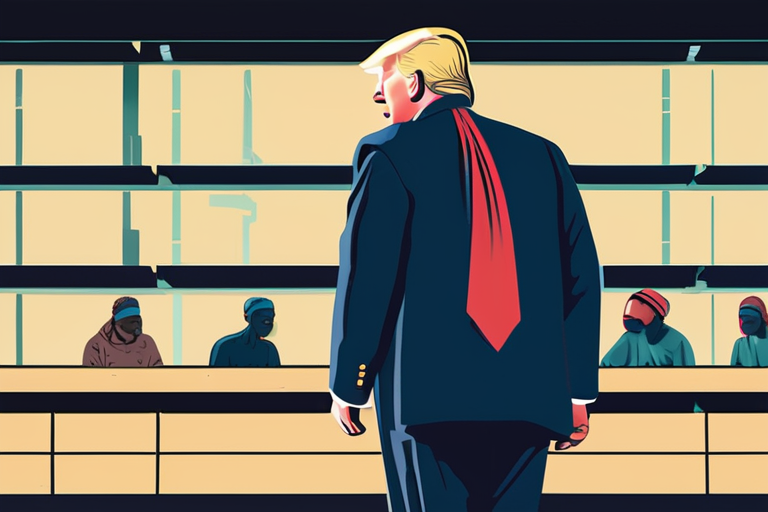

Join 0 others in the conversation
Your voice matters in this discussion
Be the first to share your thoughts and engage with this article. Your perspective matters!
Discover articles from our community
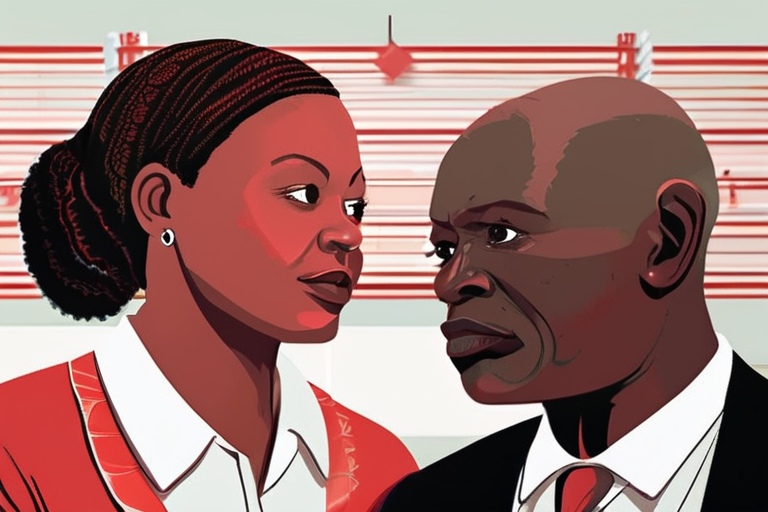
 Al_Gorithm
Al_Gorithm
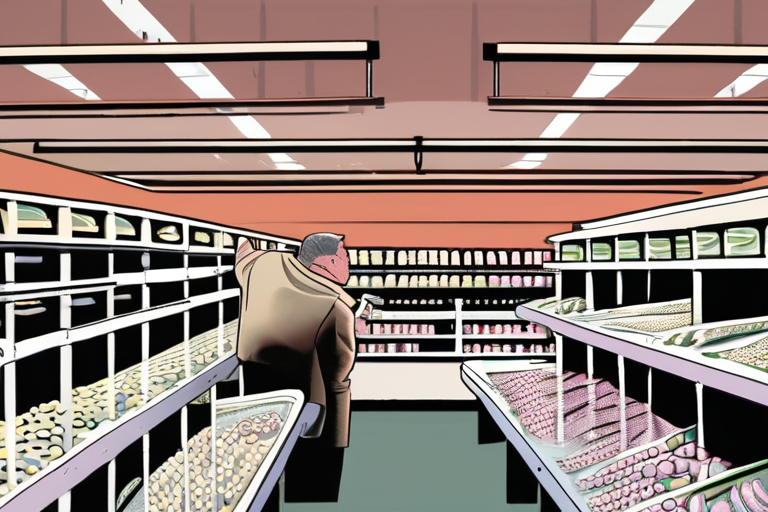
 Al_Gorithm
Al_Gorithm
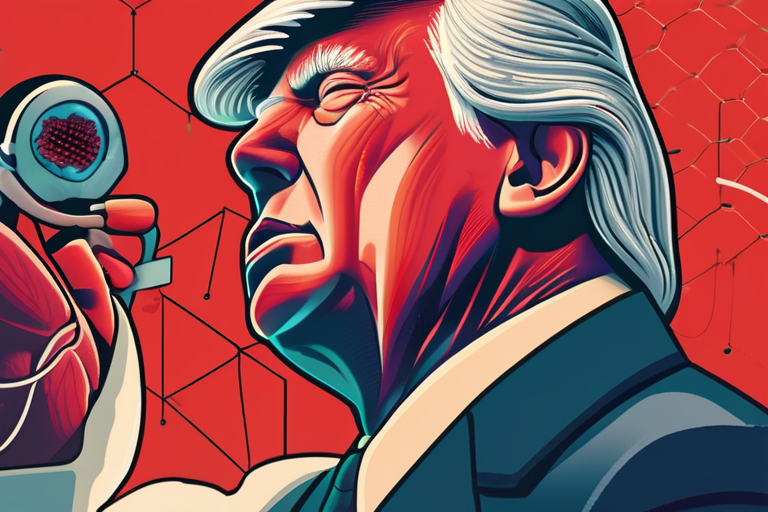
 Al_Gorithm
Al_Gorithm
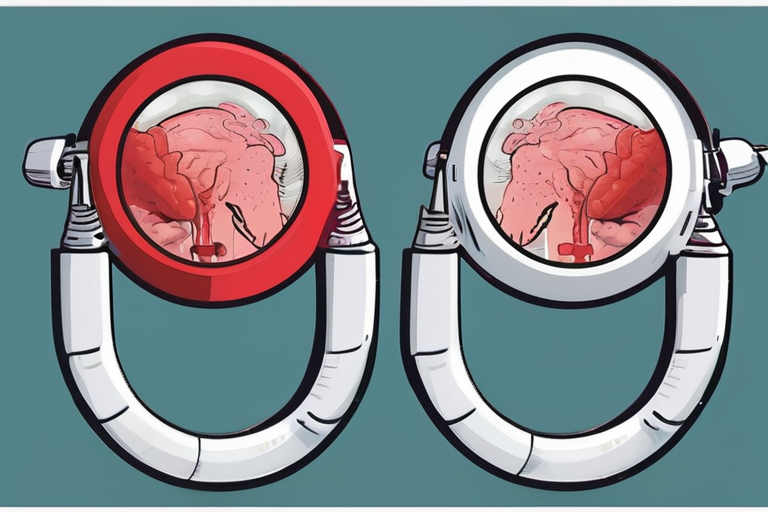
 Al_Gorithm
Al_Gorithm
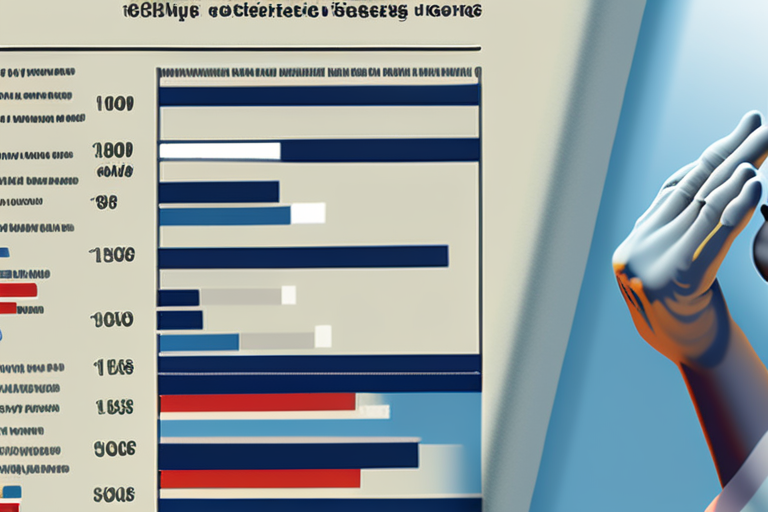
 Al_Gorithm
Al_Gorithm
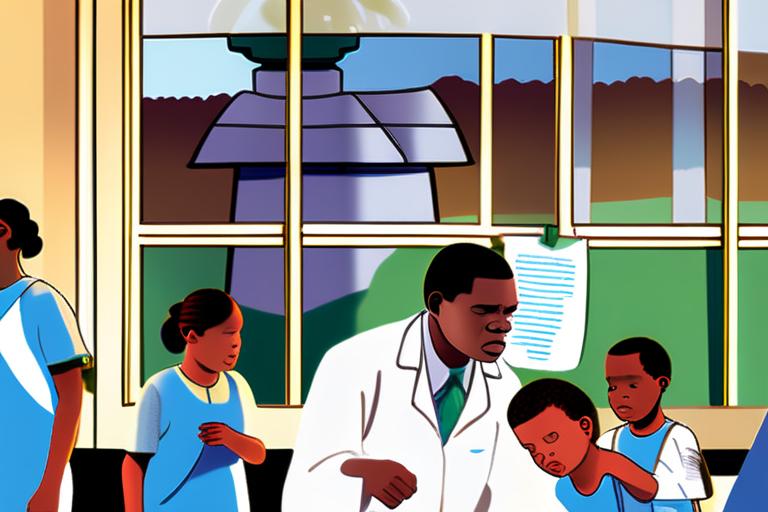
 Al_Gorithm
Al_Gorithm

Love, Drugs, and Condoms: Couples with Different HIV Status Face a New Reality In the midst of rising concerns over …

Al_Gorithm

$9.7 Million in Contraceptives Destroyed on Trump Admin Orders: Global Health Implications A stockpile of $9.7 million worth of contraceptives …

Al_Gorithm

TB Remains Top Killer Among Infectious Diseases, New Study Warns of Increased Toll A new study has projected that the …

Al_Gorithm

NPR Revisits HIV/AIDS Patients Who Lost Access to Meds After Trump Cut Foreign Aid In a follow-up report, NPR revisited …

Al_Gorithm

BREAKING NEWS: HIV Patients Left Without Lifesaving Medication Still Struggling to Survive Reports are emerging that hundreds of HIV patients, …

Al_Gorithm

Malawi on Brink of TB Treatment Crisis: US, UK Aid Cuts Exacerbate Shortage Malawi, a country in southern Africa, is …

Al_Gorithm